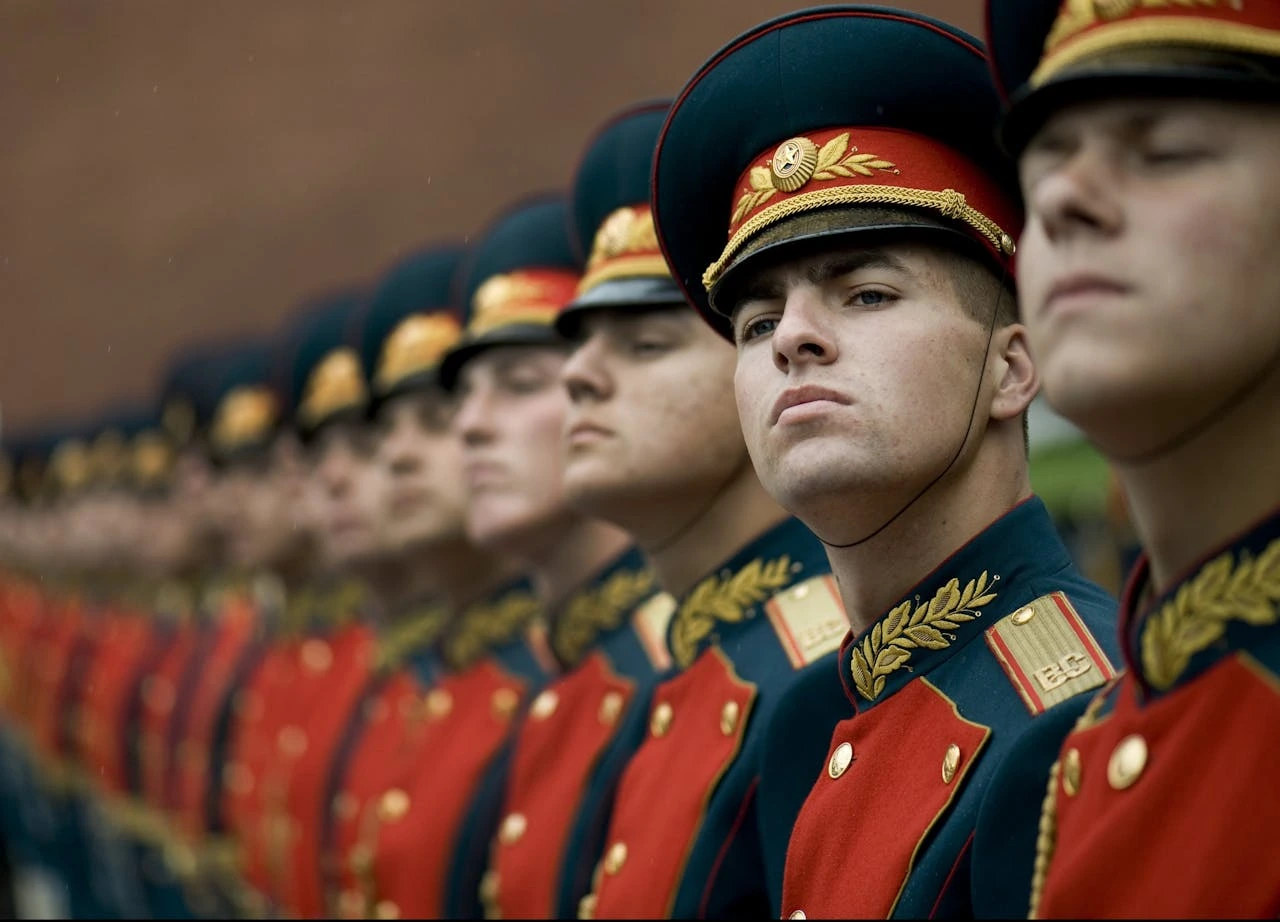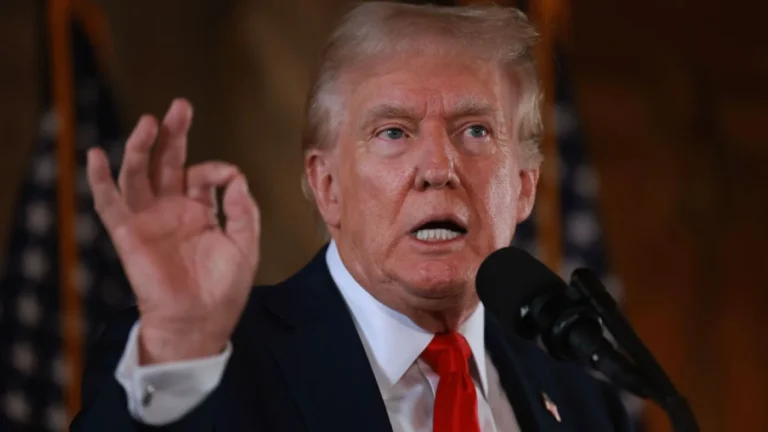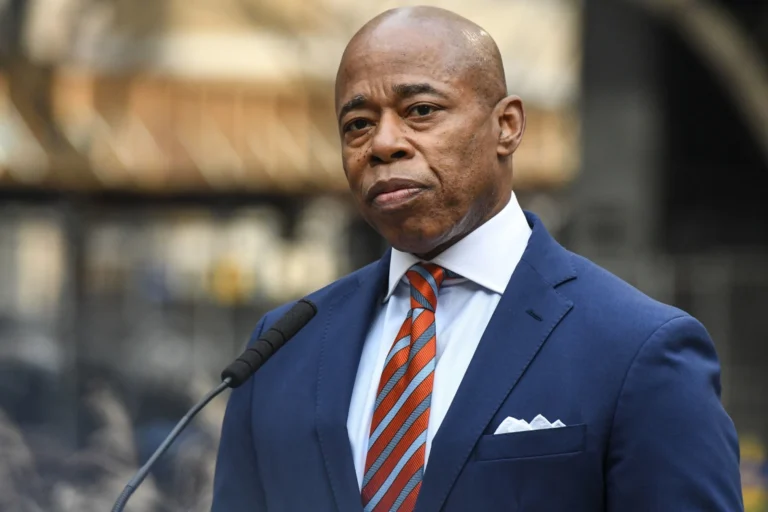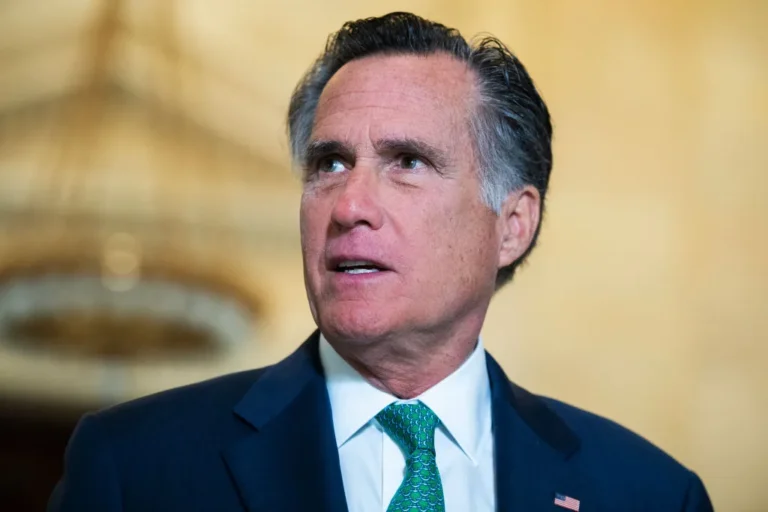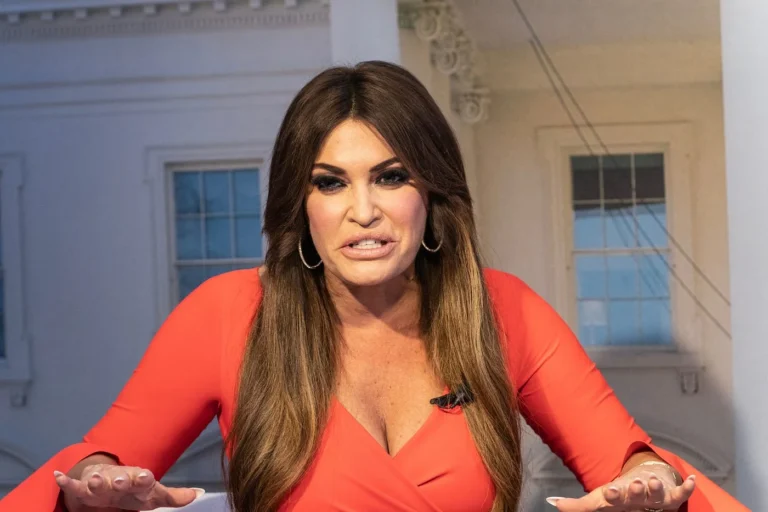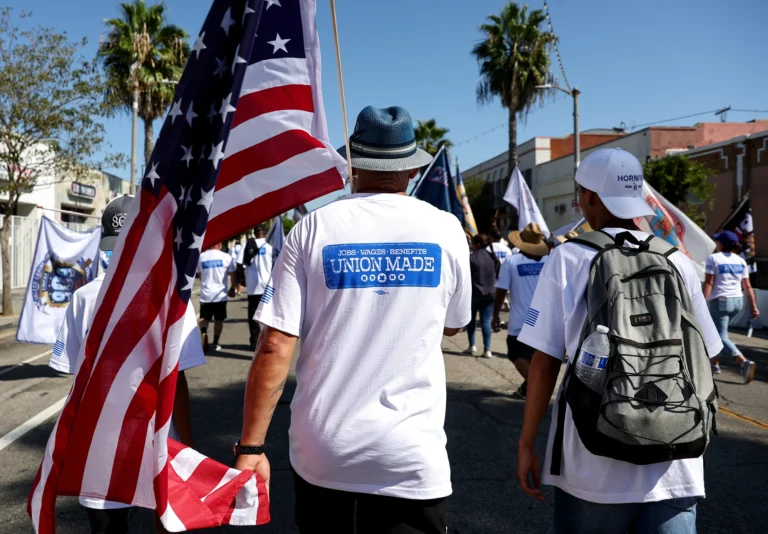Russian President Dodges Allegations Amid U.S. Claims of 3,000 Troops Deployed
At the conclusion of the BRICS summit in Kazan, Russian President Vladimir Putin sidestepped allegations that North Korea had deployed soldiers to Russia, insisting instead that decisions related to the Russia-North Korea defense alliance were strictly under Moscow’s discretion. These remarks came after the United States claimed it had evidence that North Korea sent 3,000 troops to Russia, potentially for deployment in Ukraine. Putin responded with ambiguous statements, emphasizing Moscow’s sovereignty in handling its defense affairs, while again accusing the West of escalating the war in Ukraine.
The presence of North Korean soldiers would add a new dimension to the Ukraine war, particularly amid Ukraine’s ongoing struggles with manpower shortages. The U.S. claim could signal a major shift in the dynamics of the conflict, highlighting the increasingly international scope of military support both for and against Russia. Speaking to reporters, Putin was asked about satellite imagery that allegedly showed the movement of North Korean troops within Russia. He responded, “Images are a serious thing. If there are images, then they reflect something,” a statement that neither confirmed nor denied the troop movements but rather acknowledged the weight of the visual evidence without clarity.
During his comments, Putin reiterated accusations that NATO countries and their officers were directly involved in Ukraine, providing training and support that, he alleged, have exacerbated the crisis. “We know who is present there, from which European NATO countries, and how they carry out this work,” Putin claimed. While this rhetoric is not new, it serves as a counterpoint to Western criticism of Russia’s military alliances and attempts to frame Moscow’s actions as a defense against an aggressive NATO presence.
U.S. and South Korean intelligence reports suggest that North Korean troops have already reached Ukrainian territories, and Ukraine’s military intelligence services have stated that the first North Korean units trained in Russia were deployed near the Kursk region, close to the Russian-Ukrainian border. This is a significant area given that Ukrainian forces staged a large-scale incursion in this region in August, a move that underscored Ukraine’s ability to penetrate Russian defenses. The Ukrainian intelligence agency released a statement on October 23, 2024, saying, “Their presence was recorded in the Kursk region,” a claim that adds urgency to international concerns about North Korean involvement in the conflict.
Despite the implications, none of Putin’s fellow BRICS leaders raised the issue of North Korean troops during public sessions of the summit, where leaders primarily made broad appeals for restraint and peaceful resolution. The apparent silence of BRICS leaders on the matter underscores a complex diplomatic balancing act, as member nations seek to address the Ukraine conflict without alienating Russia, a key player in the organization.
The United Nations Secretary-General António Guterres, present in Russia for the first time since April 2022, took a more restrained approach in his remarks, advocating for “a just peace” in Ukraine and calling for the respect of sovereignty and territorial integrity. Guterres met with Putin privately to discuss the ongoing war, but his public speech focused on general principles outlined in the UN charter without any direct mention of North Korea’s alleged troop deployment.
Guterres’ visit to Russia was controversial, as he had previously declined an invitation to a peace summit organized by Ukraine, leading to criticism from Ukrainian officials. His meeting with Putin also came after the International Criminal Court issued a warrant for the Russian president’s arrest in March 2023 over alleged human rights violations in Ukraine, including the forced relocation of Ukrainian children to Russia. These allegations have added to the international pressure on Moscow and have complicated diplomatic efforts to negotiate peace.
Guterres urged BRICS nations not to view the organization as an alternative to the United Nations, warning that unilateral actions by any country or group could not effectively address global challenges. “No single group and no single country can act alone or in isolation,” he said. “It takes a community of nations, working as one global family, to address global challenges.” Guterres’ statement aimed to counter growing sentiment among some BRICS nations that the bloc should serve as a counterweight to Western-led institutions, as tensions between Russia and the West continue to strain the existing global order.
Putin, however, voiced a different perspective, describing the emergence of a “more just world order” as impeded by “forces accustomed to thinking and acting in the logic of domination over everything and everyone.” This statement reflects Russia’s ongoing narrative that Western nations, particularly the United States, seek to control global affairs at the expense of Russia’s and other nations’ sovereignty. He alleged that Ukraine’s foreign backers were explicit in their aim to strategically defeat Russia, a goal he asserted is naïve and disconnected from historical context.
“Only those who don’t know the history of Russia can believe in this,” Putin said, arguing that efforts to subdue Russia will ultimately fail due to the country’s resilience and historical experience with foreign threats. This rhetoric reinforces his portrayal of Russia as a steadfast, resilient state standing against an encroaching West, a narrative that has been central to his domestic and international strategy since the Ukraine conflict began.
As the BRICS summit concluded, the divergence between Putin’s stance and Guterres’ calls for multilateralism highlighted the complex geopolitics surrounding the Ukraine crisis. With North Korea’s alleged military involvement, the war appears increasingly multifaceted, involving not only Western allies but also other states with historic ties to Russia. The ambiguity surrounding North Korean troop deployment, coupled with the broader geopolitical tensions, suggests that the conflict’s resolution will be shaped not only by military strategies on the ground but also by the shifting alliances and ideological divides among global powers.
